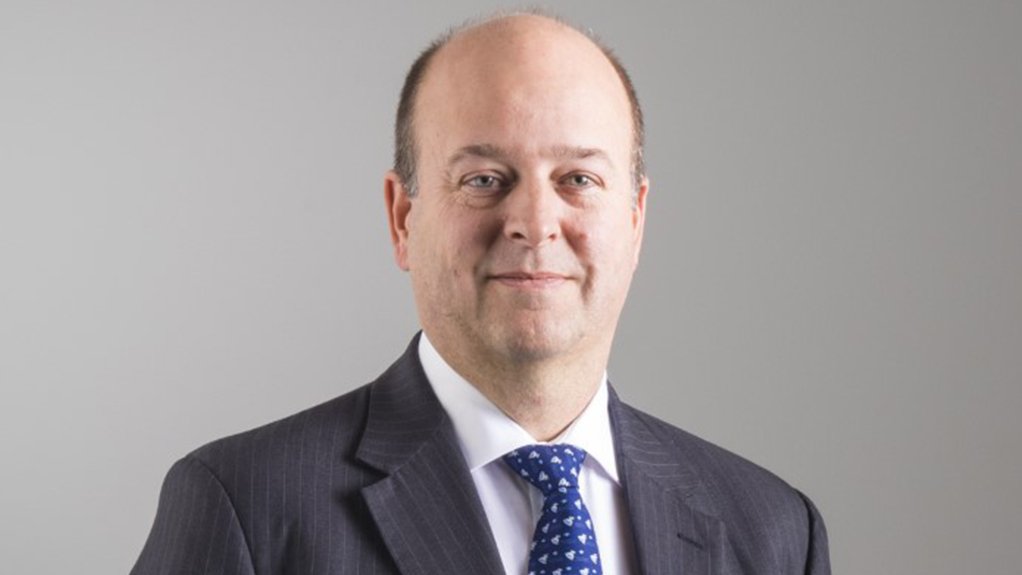JOHANNESBURG (miningweekly.com) – Work on engineering and planning related to initial road access, construction, water supply, infrastructure, essential site facilities, first phase accommodation lodge, and a site construction power supply from Eskom is under way for the Waterberg platinum group metals (PGM) project on the northern limb of South Africa’s Bushveld Complex, Toronto- and New York-listed Platinum Group Metals reports as part of its third-quarter 2025 results release.
Advancing the Waterberg project as a mechanised, shallow, decline access platinum, palladium, rhodium and gold mine, including by-product copper and nickel production, is the aim.
Before a construction decision can be taken, arrangements will be required for concentrate offtake or processing. Commercial alternatives for mine development financing and concentrate offtake are being assessed.
Possibilities with all major South African smelter operators have been discussed, with a view to negotiating formal concentrate offtake arrangements, in addition to smelting and base metal refining options in Saudi Arabia being evaluated.
A key requirement for the establishment of a PGM smelter and a base metals refinery (BMR) in Saudi Arabia would be long-term South African government approval for the export of unrefined precious metals in concentrate.
Work with the South African government has taken place to identify local beneficiation opportunities and to analyse the possible impact of exporting concentrate on the value chain.
Through these discussions, the South African government has expressed preference and support for beneficiation in South Africa. As a result, the concept of establishing a matte furnace in South Africa capable of smelting Waterberg project concentrate is under consideration.
Such a facility would ideally be located near the project with existing power, water and environmental authorisations. The converter matte produced would be shipped to Saudi Arabia for further processing through a BMR, at which time spent auto catalysts and other PGM-bearing materials could be co-processed.
One noteworthy consideration would be the much lower volume of material to be shipped to Saudi Arabia. Rather than shipping up to 130 000 t of concentrate a year, or 14 concentrate trucks a day, the volume of converter matte to be shipped would be reduced to 8 000 t a year, or approximately one truck a day.
The Waterberg project is owned by Waterberg JV Resources, which is in turn owned by Platinum Group (37.32%), Mnombo Wethu Consultants (26%), HJ Platinum Metals Company, or HJM (21.95%) and Impala Platinum (14.73%). Platinum Group holds a further 12.97% indirect interest in Waterberg JV through a 49.9% interest in Mnombo.
HJM was established in 2023 by Japan Organisation for Metals and Energy Security (Jogmec) and Hanwa as a special purpose company to hold and fund their aggregate future equity interests in the Waterberg project with Jogmec expecting to fund 75% of future equity investments into HJM going forward.
In February, the board of directors for Waterberg JV approved a R42-million interim budget to allow the continuation of work programmes. The interim budget, which will cover the period ending August 31, will include components of a $21-million pre-construction work programme.
During the nine months ended May 31, a net loss of $3.40-million was incurred. Expenditures on the project were approximately $1.6-million. At period end, $48-million in accumulated net costs were capitalised to the Waterberg project. Total expenditures on the property since inception are about $91-million.
Using platinum and palladium in lithium battery technologies in collaboration with an affiliate of Valterra Platinum and Florida International University continues to be studied by Platinum Group Metals, which is headed by CEO Frank Hallam.
EMAIL THIS ARTICLE SAVE THIS ARTICLE ARTICLE ENQUIRY FEEDBACK
To subscribe email subscriptions@creamermedia.co.za or click here
To advertise email advertising@creamermedia.co.za or click here











